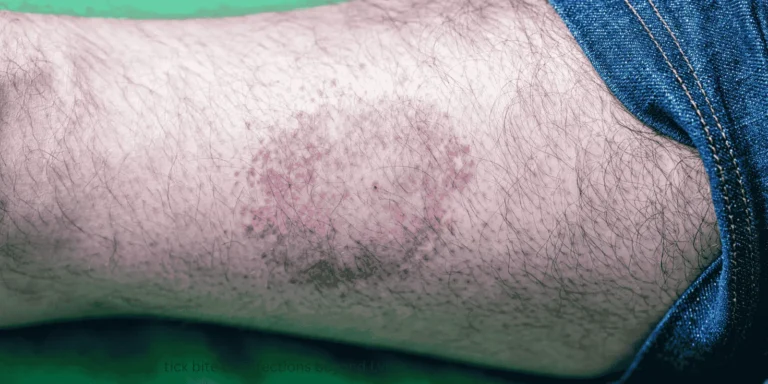If you’re constantly battling colds and upper respiratory infections, you’re not imagining it. Some people really do get sick more often than others. The good news is that several strategies can break this cycle and strengthen your defenses.
After 30 years in medicine, I’ve seen patterns in who gets sick repeatedly and who stays healthy. Let me share what actually makes a difference.
Sleep Is Your Secret Weapon
People who sleep less than six hours a night get sick three times more often than those who sleep seven to eight hours. Your immune system literally rebuilds itself while you sleep.
I had a patient who was getting URIs every month. We talked about her schedule, and she was averaging five hours of sleep. Once she prioritized getting seven hours, her infections dropped dramatically. It took about two months to see the change, but it was real.
Hand Washing Beats Everything
I know you’ve heard this forever, but washing your hands properly is the single most effective way to prevent respiratory infections. The key word is “properly”—20 seconds with soap and water, especially before eating and after being in public spaces.
Hand sanitizer works when you can’t wash, but soap and water is better. You’re physically removing viruses and bacteria, not just killing some of them.
Your Nose Needs Moisture
Dry nasal passages make you more vulnerable to infection. Viruses have an easier time getting through dry, cracked mucous membranes. Use a humidifier in your bedroom, especially during winter when heating dries the air.
Saline nasal spray throughout the day helps too. It keeps your natural defenses working properly.
Nutrition Matters More Than Supplements
A diet rich in fruits, vegetables, lean protein, and whole grains supports immune function better than any supplement. Your body needs vitamin C, vitamin D, zinc, and other nutrients—but it absorbs them better from food than pills.
That said, if you’re low in vitamin D (common in winter), supplementation can help. Many people with recurrent infections improve once we address vitamin D deficiency.
Stress Crushes Immunity
Chronic stress suppresses your immune system. People under constant stress get more respiratory infections and take longer to recover. Finding ways to manage stress—whether that’s exercise, meditation, or just taking breaks—isn’t optional if you want to stay healthy.
Avoid Touching Your Face
Viruses spread when you touch contaminated surfaces then touch your eyes, nose, or mouth. It’s a hard habit to break, but it’s worth the effort. Most people touch their face 20-30 times per hour without realizing it.
Know When to Stay Home
If you’re sick, staying home protects others and gives your body time to recover fully. Pushing through illness often leads to complications or prolonged recovery—and you expose everyone around you.
Building these habits takes time, but they work. You won’t eliminate every infection, but you can definitely reduce how often you get sick and how severely illness hits you.











